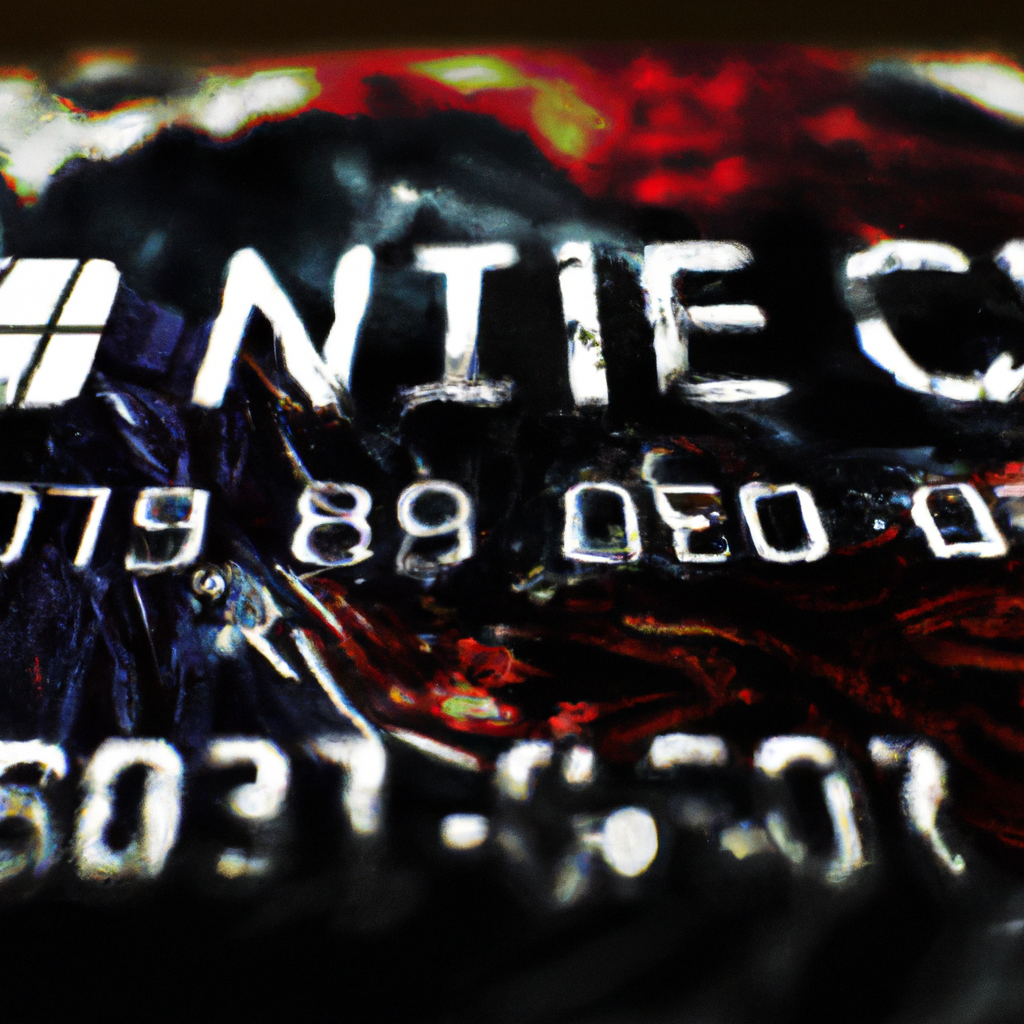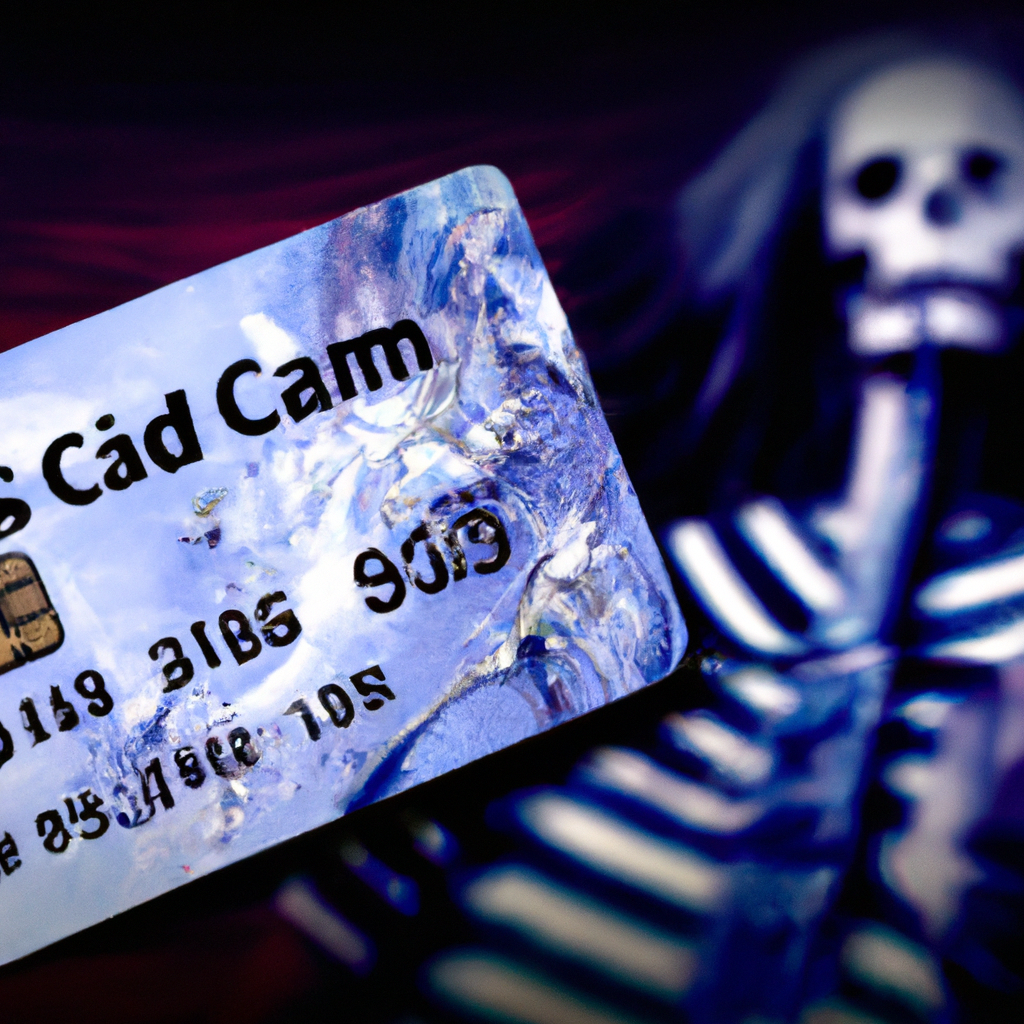Table of Contents
Introduction: Understanding the Basics of Credit Cards
Credit cards have become a ubiquitous part of modern life. They offer a convenient and flexible way to make purchases, pay bills, and access credit. However, owning a credit card also comes with its own set of risks and rewards. In this article, we will explore the pros and cons of owning a credit card, as well as strategies for managing credit card debt and alternatives to credit cards.

The Pros of Owning a Credit Card: Convenience and Flexibility
One of the biggest advantages of owning a credit card is the convenience and flexibility it offers. With a credit card, you can make purchases online, over the phone, or in person, without having to carry cash or write a check. Credit cards also offer a range of benefits, such as cashback rewards, travel points, and discounts on purchases. Credit cards also offer flexibility when it comes to managing your finances. You can choose to pay off your balance in full each month, or make minimum payments over time. This can be especially helpful if you have unexpected expenses or need to make a large purchase.

The Cons of Owning a Credit Card: High Interest Rates and Fees
While credit cards offer many benefits, they also come with some significant drawbacks. One of the biggest downsides of owning a credit card is the high interest rates and fees. If you carry a balance on your credit card, you will be charged interest on that balance, which can quickly add up over time. Credit cards also come with a range of fees, such as annual fees, late payment fees, and balance transfer fees. These fees can be expensive, and can add up quickly if you are not careful.
Building Credit: How Owning a Credit Card Can Help You
One of the most important benefits of owning a credit card is the ability to build credit. Your credit score is a measure of your creditworthiness, and is used by lenders to determine whether or not to lend you money. By using your credit card responsibly and making payments on time, you can build a positive credit history and improve your credit score.
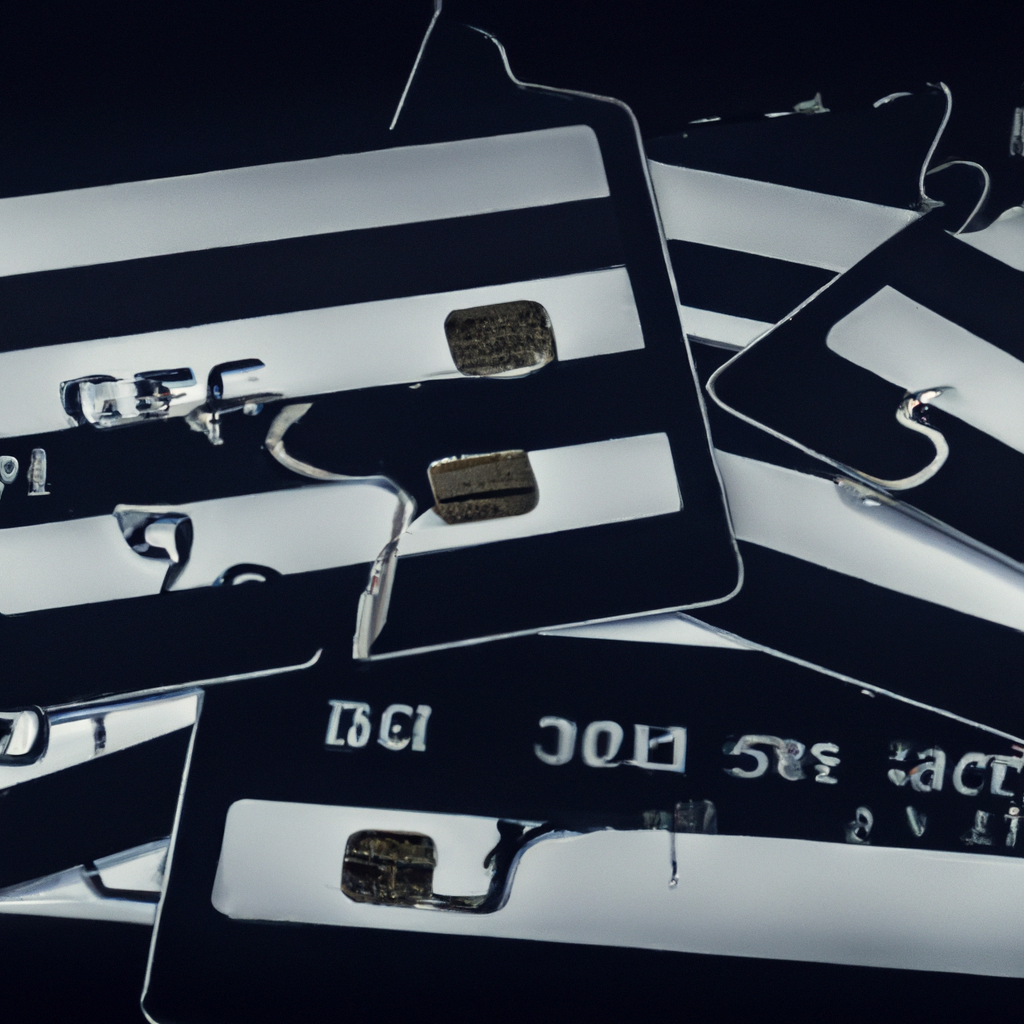
The Dangers of Overspending: How Credit Cards Can Lead to Debt
One of the biggest dangers of owning a credit card is the risk of overspending. It can be easy to get carried away with credit card purchases, especially if you are not careful with your spending. If you carry a balance on your credit card, you will be charged interest on that balance, which can quickly add up over time. To avoid overspending, it is important to set a budget and stick to it. You should also avoid using your credit card for impulse purchases, and only use it for purchases that you can afford to pay off in full each month.
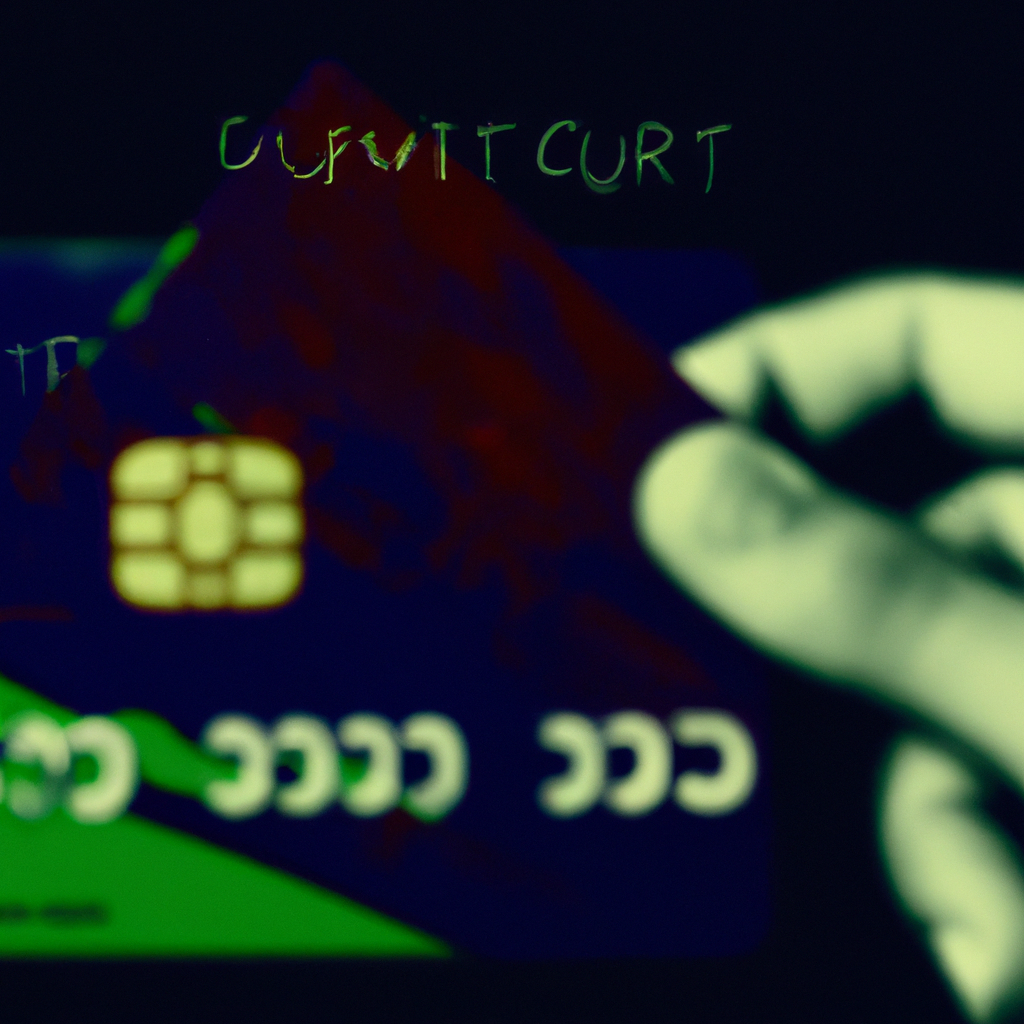
Rewards Programs: The Benefits of Using Your Credit Card Responsibly
Many credit cards offer rewards programs, which can be a great way to earn cashback, travel points, and other benefits. However, it is important to use your credit card responsibly and avoid overspending in order to take advantage of these rewards.
Fraud Protection: How Credit Cards Can Keep Your Money Safe
Credit cards also offer fraud protection, which can help keep your money safe. If your credit card is lost or stolen, you can report it to your credit card company and they will cancel the card and issue you a new one. You are also protected against fraudulent charges, which can help prevent you from losing money if someone steals your credit card information.
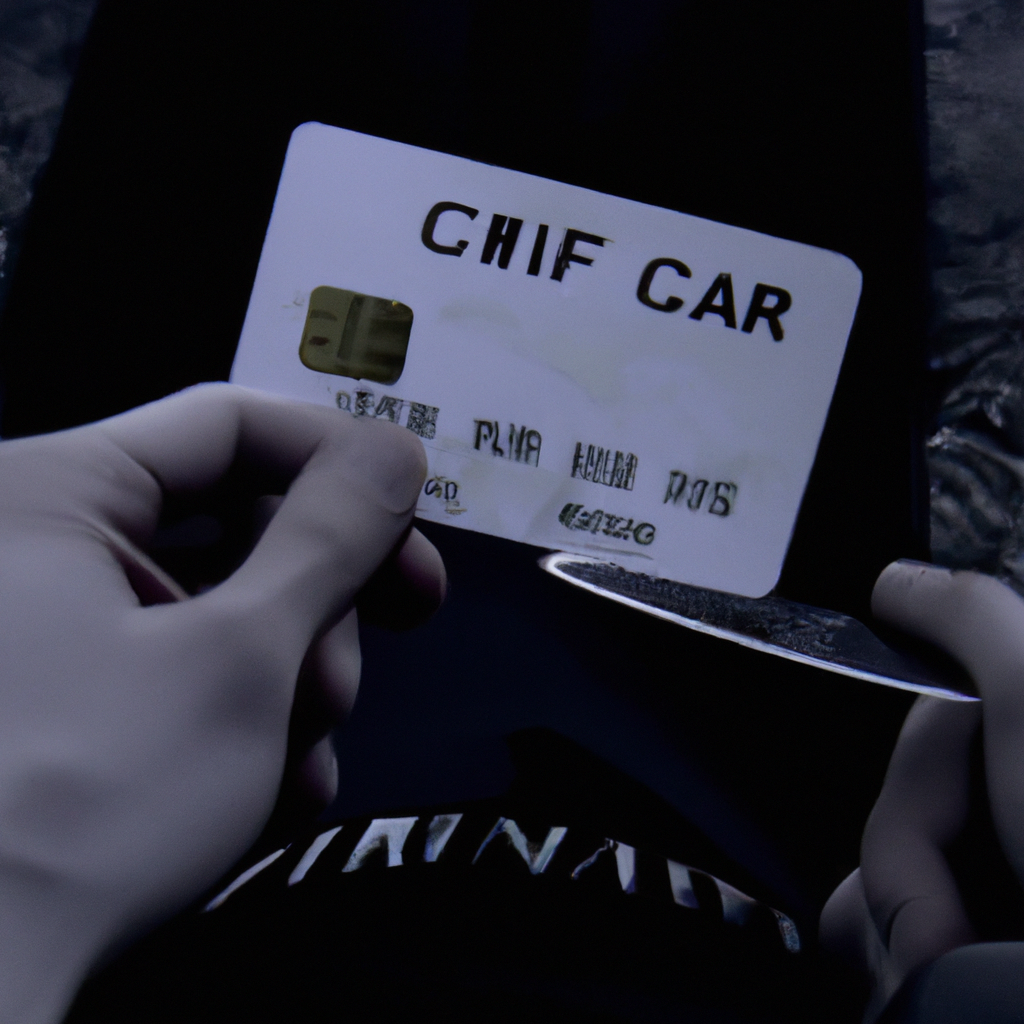
Credit Limits: Understanding Your Spending Limits and How to Manage Them
Credit cards come with credit limits, which are the maximum amount of money you can spend on your card. It is important to understand your credit limit and manage your spending accordingly. If you exceed your credit limit, you may be charged fees or penalties, and your credit score may be negatively impacted.
Hidden Fees: The Costs of Owning a Credit Card You May Not Know About
Credit cards also come with a range of hidden fees, such as foreign transaction fees, balance transfer fees, and cash advance fees. These fees can be expensive, and can add up quickly if you are not careful. It is important to read the fine print and understand the fees associated with your credit card before you use it.

Credit Card Debt: Strategies for Paying Off Your Balance
If you carry a balance on your credit card, it is important to have a plan for paying it off. One strategy is to make larger payments than the minimum payment each month, which can help you pay off your balance faster and save money on interest charges. You can also consider transferring your balance to a card with a lower interest rate, or consolidating your debt with a personal loan.
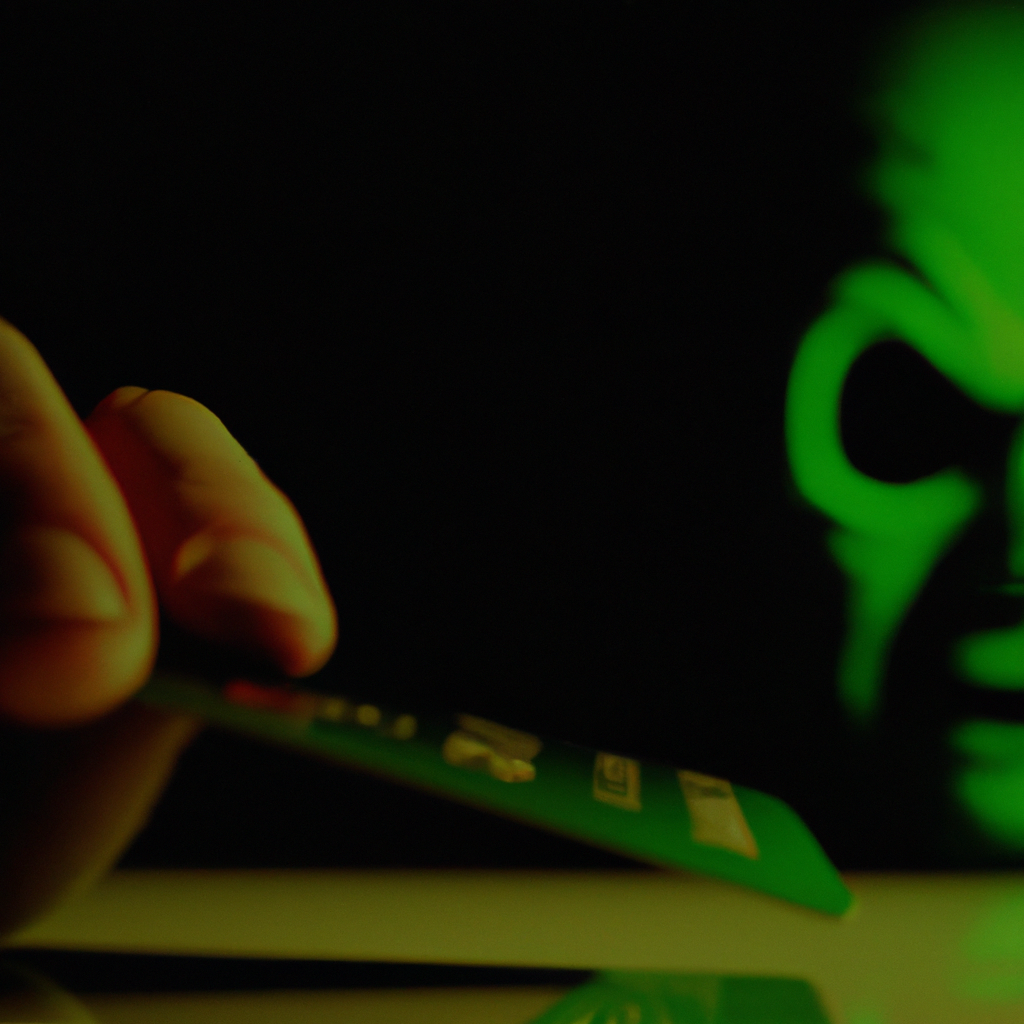
Alternatives to Credit Cards: Other Payment Options to Consider
While credit cards offer many benefits, they are not the only payment option available. Other options include debit cards, cash, and mobile payment apps. It is important to consider your options and choose the payment method that works best for your needs and budget.
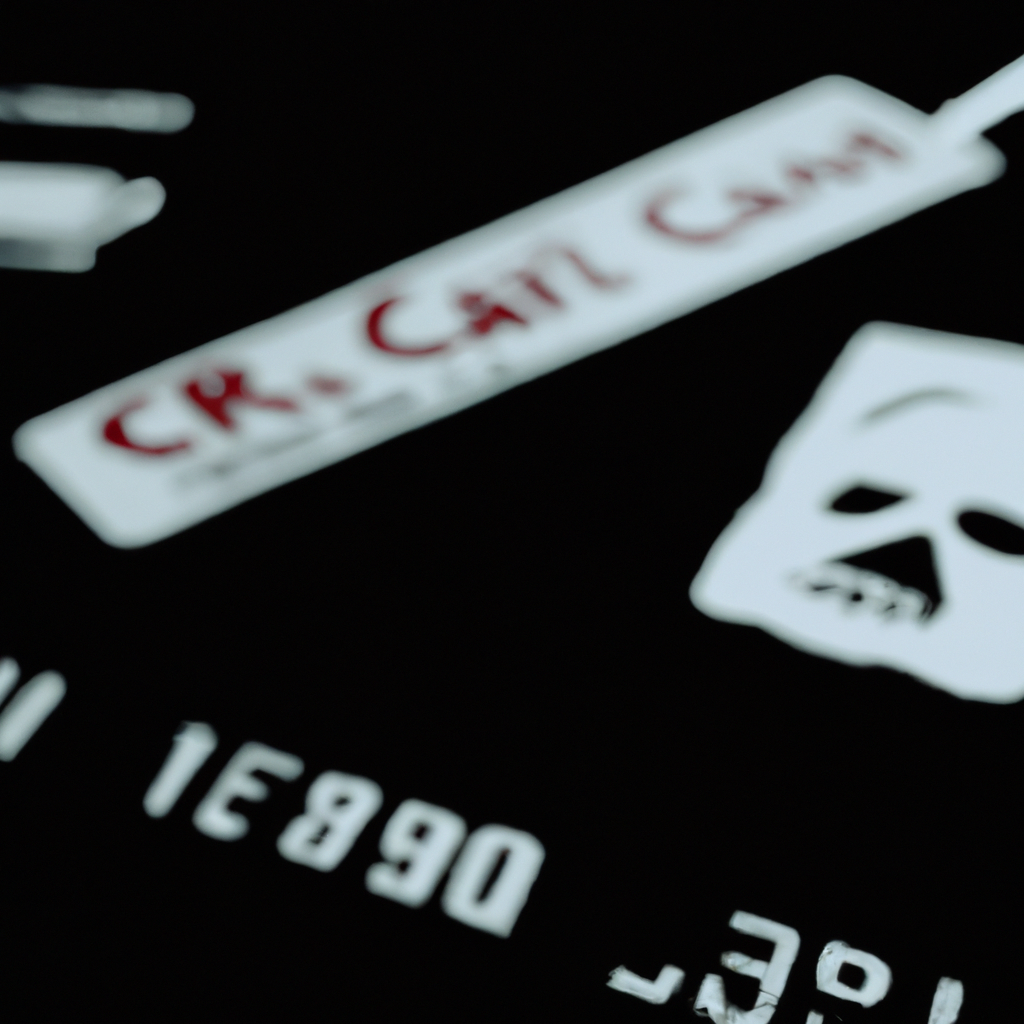
Conclusion: Is Owning a Credit Card Right for You?
Owning a credit card can be a great way to access credit, build your credit score, and take advantage of rewards programs. However, it is important to use your credit card responsibly and avoid overspending. If you are considering owning a credit card, it is important to weigh the pros and cons and choose a card that fits your needs and budget. With careful planning and responsible use, a credit card can be a valuable financial tool.
